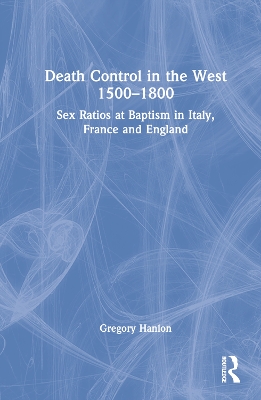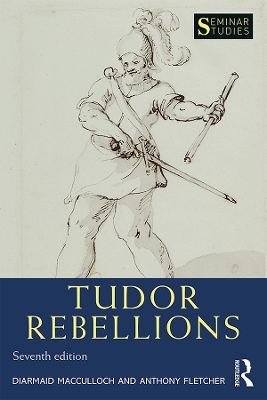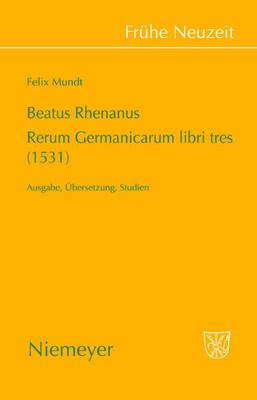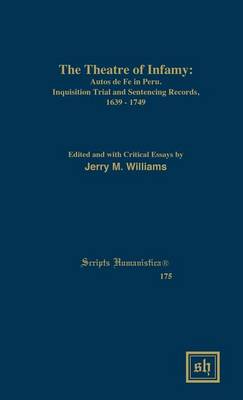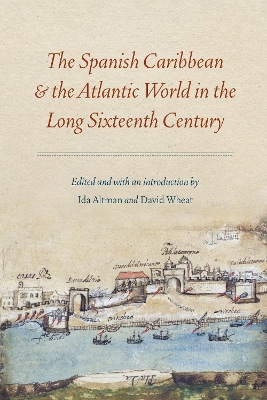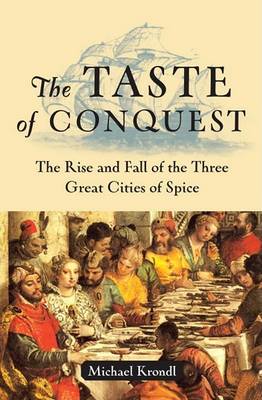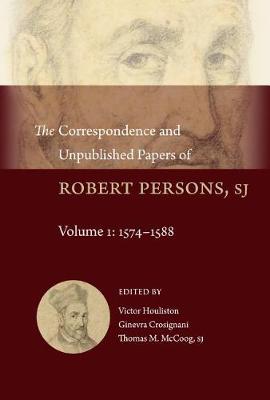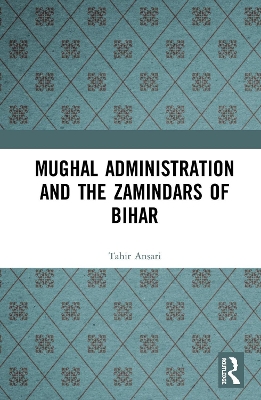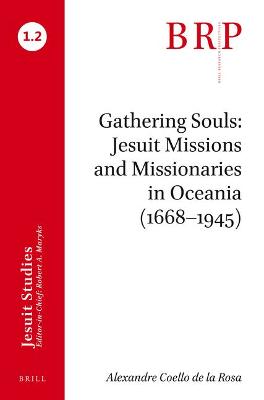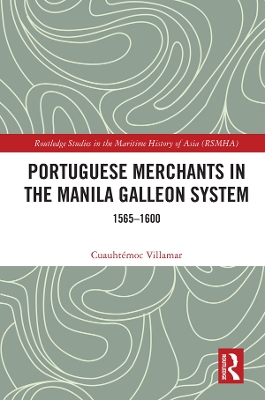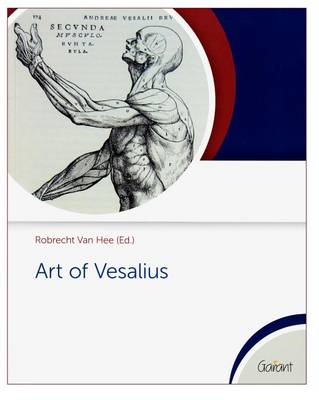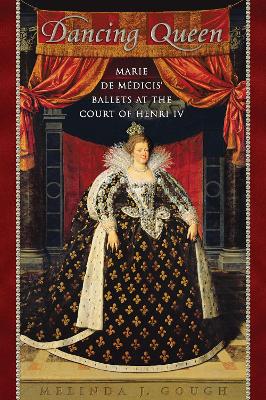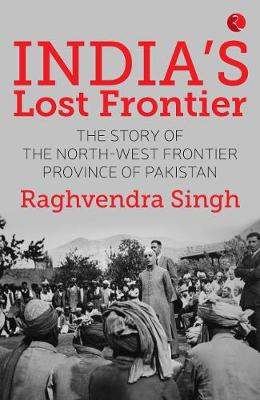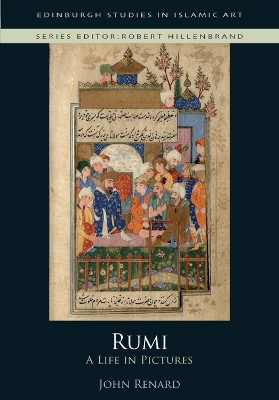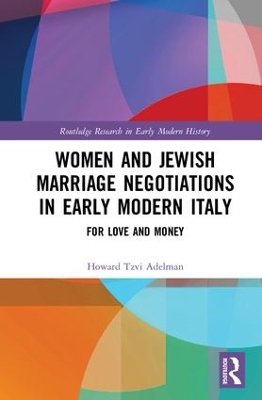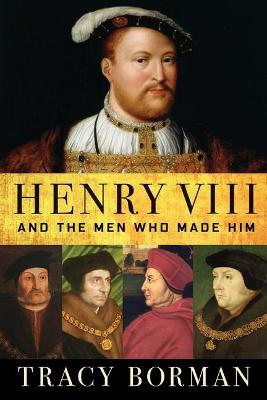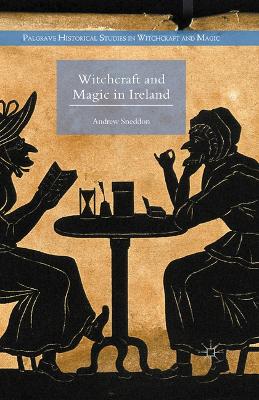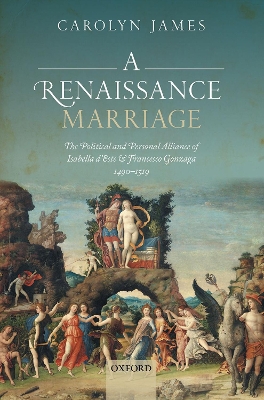Employing a rigorous methodological approach and analysing a vast body of sources from towns and regions in Italy, France and England over 300 years, this book hints at the extent of ‘routine’ infanticide of newborns by married parents in early modern Europe, ignored by contemporary tribunals. Death Control in the West 1500–1800 examines baptismal registers and ecclesiastical censuses across a score of communities in Catholic and Protestant Europe. Married women had little reason to hide their...
Tudor Rebellions (Seminar Studies) (Seminar Studies in History)
by Diarmaid MacCulloch and Anthony Fletcher
Tudor Rebellions, now in its seventh edition, gives a chronological account of the major rebellions against the Tudor monarchy in England from the reign of King Henry VII until the death of Queen Elizabeth I in 1603. The book throws light on some of the main themes of Tudor history, including the dynasty's attempt to bring the north and west under the control of the capital, the progress of the English Reformation and the impact of inflation, taxation and enclosure on society, and makes compari...
Beatus Rhenanus: Rerum Germanicarum Libri Tres (1531) (Fr He Neuzeit, #127) (Fruhe Neuzeit)
by Felix Mundt
The Spanish Caribbean and the Atlantic World in the Long Sixteenth Century
The Spanish Caribbean and the Atlantic World in the Long Sixteenth Century breaks new ground in articulating the early Spanish Caribbean as a distinct and diverse group of colonies loosely united under Spanish rule for roughly a century prior to the establishment of other European colonies. In the sixteenth century no part of the Americas was more diverse; international; or as closely tied to Spain, the islands of the Atlantic, western Africa, and the Spanish American mainland than the Caribbean...
The Taste of Conquest offers up a riveting, globe-trotting tale of unquenchable desire, fanatical religion, raw greed, fickle fashion, and mouthwatering cuisine–in short, the very stuff of which our world is made. In this engaging, enlightening, and anecdote-filled history, Michael Krondl, a noted chef turned writer and food historian, tells the story of three legendary cities–Venice, Lisbon, and Amsterdam–and how their single-minded pursuit of spice helped to make (and remake) the Western diet...
The Correspondence and Unpublished Papers of Robert Persons, Sj (Studies and Texts, #207)
by Robert Parsons
The volume provides a complex portrait of the chieftains of Bihar and their relationship with the Mughal Empire as well as their role in the consolidation and expansion of the Mughal Empire in India. Please note: Taylor & Francis does not sell or distribute the Hardback in India, Pakistan, Nepal, Bhutan, Bangladesh and Sri Lanka
This essay deals with the missionary work of the Society of Jesus in today's Micronesia from the seventeenth to the twentieth century. Although the Jesuit missionaries wanted to reach Japan and other Pacific islands, such as the Palau and Caroline archipelagos, the crown encouraged them to stay in the Marianas until 1769 (when the Society of Jesus was expelled from the Philippines) to evangelize the native Chamorros as well as to reinforce the Spanish presence on the fringes of the Pacific empir...
Portuguese Merchants in the Manila Galleon System (Routledge Studies in the Maritime History of Asia)
by Cuauhtemoc Villamar
Villamar examines the role of Portuguese merchants in the formation of the Manila Galleon as a system of trade founded at the end of the sixteenth century. The rise of Manila as a crucial transshipment port was not a spontaneous incident. Instead, it came about through a complex combination of circumstances and interconnections that nurtured the establishment of the Manila Galleon system, a trading mechanism that lasted two and half centuries from 1565 until 1815. Villamar analyses the establi...
Under glittering lights in the Louvre palace, the French court ballets danced by Queen Marie de Medicis prior to Henri IV's assassination in 1610 attracted thousands of spectators ranging from pickpockets to ambassadors from across Europe. Drawing on newly discovered primary sources as well as theories and methodologies derived from literary studies, political history, musicology, dance studies, and women's and gender studies, Dancing Queen traces how Marie's ballets authorized her incipient pol...
Stadtische Armut Und Armenfursorge Im 15. Und 16. Jahrhundert (Gottinger Beitrage Zur Wirtschafts- Und Sozialgeschichte, #4)
by Thomas Fischer
Women and Jewish Marriage Negotiations in Early Modern Italy
by Howard Adelman
This book examines the role of women in Jewish family negotiations, using the setting of Italy from the end of the Renaissance to the Baroque. In ghettos at night and under the scrutiny of inquisitions, Jews flourished. Life and learning were enriched by Jews from the Iberian Peninsula, the Ottoman Empire, transalpine Europe, west and east, and Catholic neighbors. Rabbinic discourse represented conflicting customs in family formation and dissolution, especially at moments of crisis for women: fo...
Henry VIII is best known in history for his tempestuous marriages and the fates of his six wives. However, as acclaimed historian Tracy Borman makes clear in her illuminating new chronicle of Henry's life, his reign and reputation were hugely influenced by the men who surrounded and interacted with him as companions and confidants, servants and ministers, and occasionally as rivals--many of whom have been underplayed in previous biographies. These relationships offer a fresh, often surprising pe...
Witchcraft and Magic in Ireland (Palgrave Historical Studies in Witchcraft and Magic)
by Professor Andrew Sneddon
This is the first academic overview of witchcraft and popular magic in Ireland and spans the medieval to the modern period. Based on a wide range of un-used and under-used primary source material, and taking account of denominational difference between Catholic and Protestant, it provides a detailed account of witchcraft trials and accusation.
The marriage of Isabella d'Este, one of the most famous figures of the Italian Renaissance, and Francesco Gonzaga, ruler of the small northern Italian principality of Mantua (r.1484-1519) offers a fascinating portrait of political marriage in the early modern period. A Renaissance Marriage shows an aristocratic couple who, within several years of their wedding, had to deal with the political challenges posed by the first decades of the Italian Wars (1494-1559) and, later, the scourge of the Gre...
